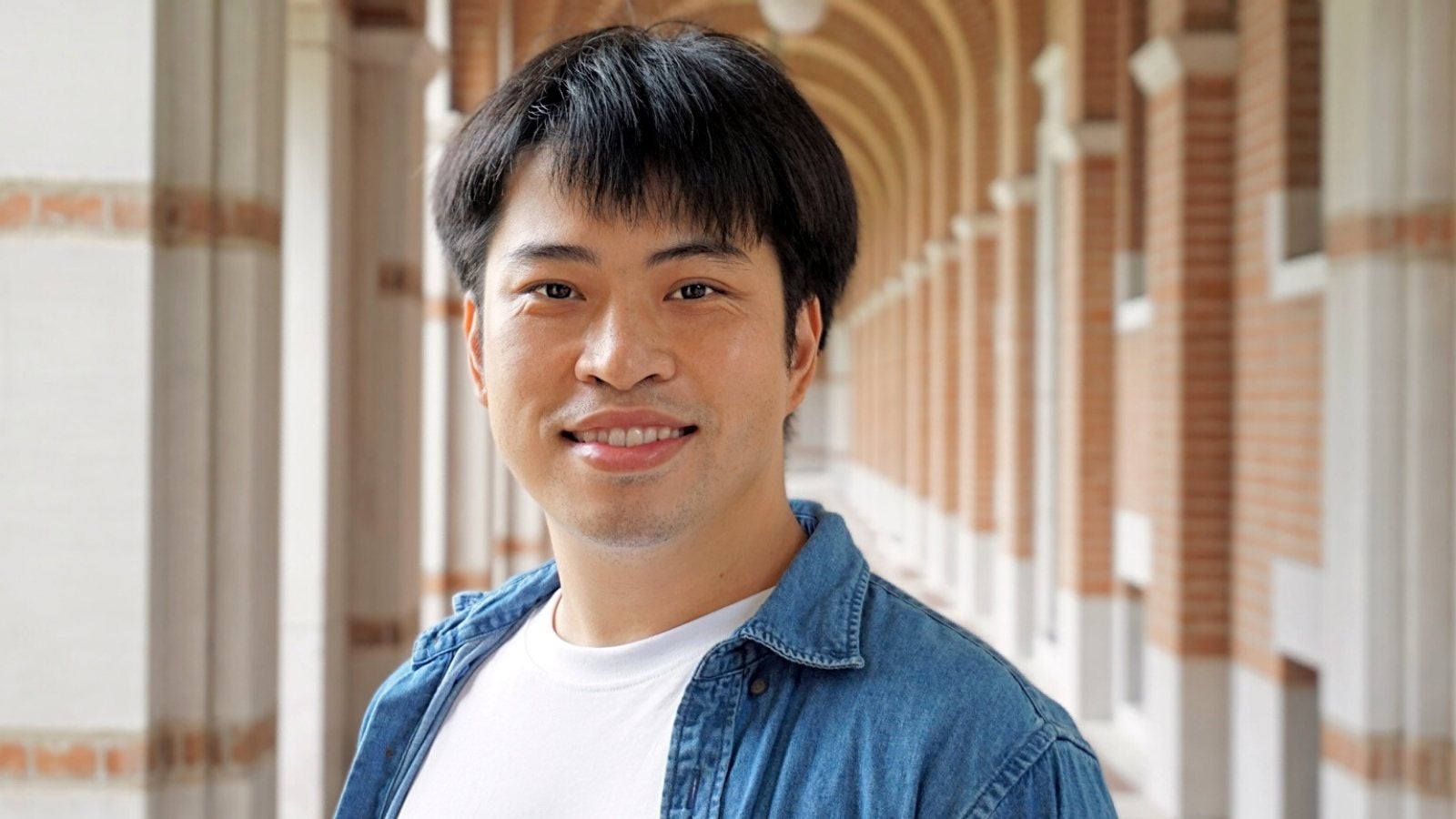Nai-Hui Chia has joined Rice University’s Department of Computer Science as an assistant professor, specializing in quantum algorithms, quantum complexity, and quantum cryptography.
Prior to joining Rice, Chia’s fascination with quantum computing started from his interest in Richard Feynman’s proposed quantum physics research. After completing his PhD, Chia worked as an assistant professor at Indiana University Bloomington, a Hartree Postdoctoral Fellow at the University of Maryland, and a Postdoctoral Fellow at UT Austin. He received his PhD in Computer Science and Engineering at Penn State University.
“Nah-Hui develops algorithms for quantum computers," explains Chris Jermaine, chair of Rice’s Department of Computer Science. "He has made foundational advances in understanding quantum computation, in terms of its ability to speed up useful computations that are thought to be impossible to perform efficiently on traditional computers.”
Chia’s research is devoted to understanding quantum computing’s capabilities, limits, and how it could change computer science. His fascination for quantum computing comes from the potential that quantum computing has to solve currently unsolvable problems, even problems that have not even been considered.
“The best thing about quantum computing for me is that it changes the scale of computer science,” says Chia. “For instance, it was hard to think about how to connect black holes and quantum gravity to computer science. But if you introduce quantum computing, you could consider using it to process quantum information relevant to black holes and quantum gravity. So, you might be able to make that connection between physics and computer science.”
One of Chia’s research projects focuses on whether a small quantum computer’s computing power can be combined with a large classical computer’s computing power to be as powerful as a general quantum computer. With this combination, the quantum computer would not be constrained by lack of quantum resources. Chia’s research, however, revealed that this hybrid approach would still not be as powerful as a general quantum computer and therefore, couldn’t solve the same problems.
“My research shows that we really need a general quantum computer,” says Chia.
Chia will be involved with the growing Rice Quantum Initiative (RQI), which aims to enable Rice researchers to stay at the forefront of the quantum revolution while educating the next generation of leaders in quantum technology. As part of RQI, Chia will be working across disciplines with other physicists, teaching quantum computing, and building a research group for studying theoretical computer science and quantum computing.
“I am looking forward to working with brilliant researchers working in quantum computing and quantum physics at Rice,” says Chia. “Also, I can’t wait to wander through the beautiful campus with thoughts about quantum computer science.”

